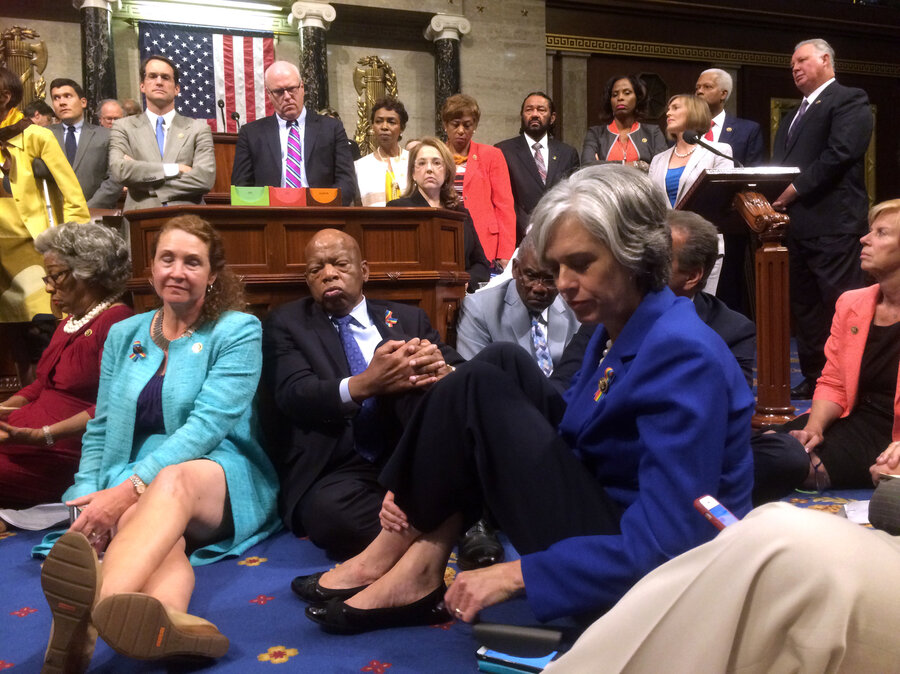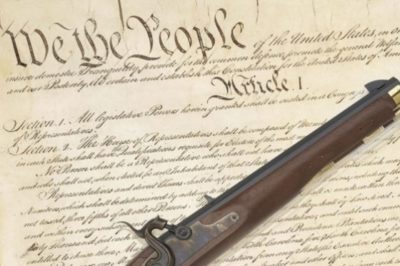A progressive correspondent asks: “If you were drafting the Constitution in 2017, would you include the Second Amendment?”
It’s an ignorant question, but one that was asked in good faith, and the answer may be illuminating to some of our friends who are mystified by conservative thinking on the question.
The short answer is: Yes, of course a 21st-century Bill of Rights should codify the right to keep and bear arms. The document does not create the right; the right precedes the document, which merely recognizes it and ensures that the government is constrained when, inevitably, its all-too-human members are tempted to violate that right.
Progressives take a tabula rasa view of the human condition, the human animal, the human experience, and human society. In this view human beings, individually and corporately, can be shaped into . . . whatever we desire to shape them into. Rights, in this understanding, come from the state: We decide together, through democratic and other political means, what rights and obligations people are to have, and the state acts (in theory) as our instrument in that matter. If you take that view, then the progressive attitude toward the right to keep and bear arms — that it is more trouble than it is worth and that it therefore should be reduced or eliminated altogether — is entirely understandable.
Conservatives take a different view, one that is rooted in the nation’s foundational philosophy. The American premise is a theological premise: that all men are endowed by their Creator — not the state — with certain unalienable rights. For our Founding Fathers, who were steeped in the Anglo-Protestant liberal tradition, this was not only the truth but the “self-evident” truth. The right to keep and bear arms, like the right to speak one’s mind, worship as one sees fit, and petition the state for redress of grievances, is not the king’s gift to give or to withhold — the matter was settled by no less an authority than God Himself. For those who are not of a religious cast of mind, the same conclusion can be arrived at through the tradition of natural law and natural rights, which the Christian liberals of the 18th century understood as complementary to their discernment of Divine intent. Whether one believes that man was created by God or by evolutionary processes, the conclusion ends up being the same: Man has reason, individual and corporate dignity, individual and corporate value, and these are not subject to revision by any prince, power, or potentate.Read the rest from Kevin D. Williamson HERE.
If you like what you see, please "Like" us on Facebook either here or here. Please follow us on Twitter here.




No comments:
Post a Comment